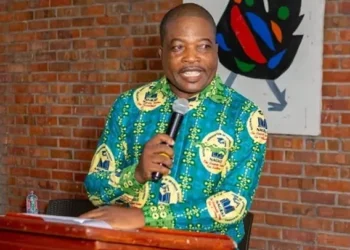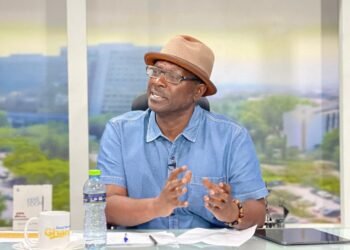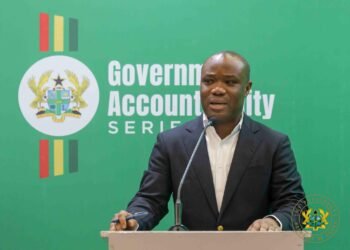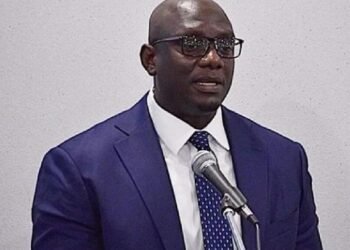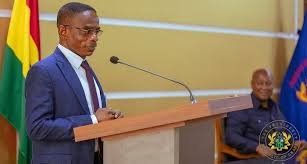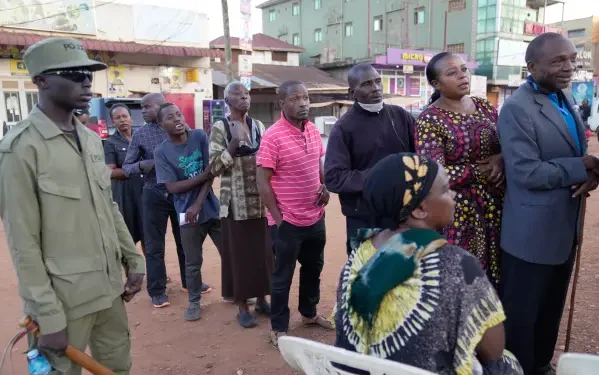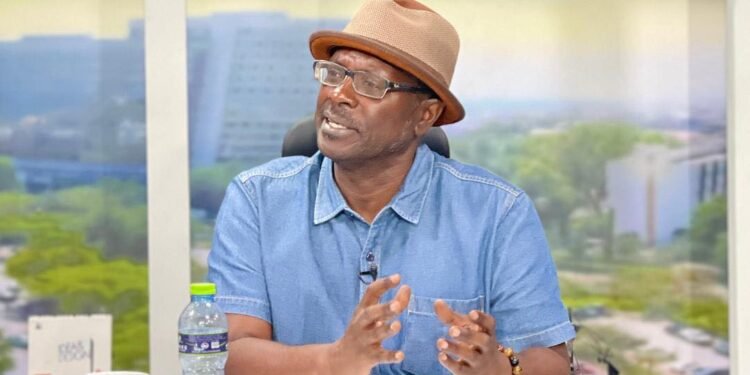The Constitution Review Committee (CRC) has officially released a revised timetable for its upcoming Southern Zonal Public Engagements as part of its nationwide consultation efforts to solicit citizens’ views on the 1992 Constitution.
The updated schedule, announced in a statement issued by the Committee’s Secretariat, outlined the next phase of engagement sessions across key southern cities, including Ho, Accra, Cape Coast, Takoradi, Sunyani, and Kumasi, culminating in a targeted stakeholder engagement with the National House of Chiefs.
This phase of the review process follows the successful conclusion of public consultations in the northern and eastern corridors of the country, where the Committee began its listening tour.
Beginning in Bolgatanga on June 16–17, the CRC’s regional tour proceeded to Tamale on June 18–19, and Wa on June 23–24, before moving to Koforidua in the Eastern Region.
According to Dr. Rainer Akumperigya, Secretary to the Committee, the enthusiastic participation from the public during these initial engagements demonstrated “an encouraging national appetite for inclusive constitutional reform.”

He noted that the feedback gathered during the earlier sessions served as “a strong foundation” for shaping the Committee’s approach in the southern zones.
“We are grateful to the people of Bolgatanga, Tamale, Wa, and Koforidua for their openness and engagement. These dialogues were not only spirited but revealed critical constitutional concerns that demand attention.”
Dr. Rainer Akumperigya, Secretary to the Committee,
As per the revised schedule, the CRC will continue its zonal engagements in the Volta Region, beginning in Ho on July 11, where the public session will take place at the GNAT Hall.
Subsequent events are slated for Accra on July 15, Cape Coast on July 22, Takoradi on July 24, Sunyani on July 28, and Kumasi on July 30.
The final engagement for this phase will be a targeted session with the National House of Chiefs on July 31, reflecting the Committee’s effort to involve key traditional leadership institutions in the process.
Grassroot Participation
Dr. Akumperigya emphasized the importance of grassroots participation, urging citizens in the upcoming zones to attend the sessions and contribute meaningfully to the national discourse.
The CRC, acting under the direct mandate of President John Dramani Mahama, was inaugurated earlier this year to lead the process of reviewing Ghana’s 1992 Constitution.
The President’s directive followed increasing calls from political leaders, civil society organisations, and governance experts for constitutional reforms to address emerging democratic, social, and economic challenges.
The review seeks to address broad areas, including the powers of the executive, decentralization, the role of Parliament, the Electoral Commission, and the rights of citizens, among others.

The nationwide consultation model adopted by the CRC is a zonal public engagement strategy that aims to decentralize participation and ensure that a wide cross-section of Ghanaians from all corners of the country can share their opinions.
Dr. Akumperigya noted that this approach was deliberately designed to promote ownership and legitimacy of the process.
He added that venue confirmations and logistical details for each of the upcoming engagements would be announced in due course via official CRC communication channels and the national media.
CRC Open to the Public
The CRC’s Secretariat, located at the Office of the President Annex near the Ministry of Communication in Ridge, Accra, is coordinating the national effort and remains open to the public for inquiries and submissions. A dedicated contact line—053 999 3652—has also been made available to facilitate public interaction with the Committee.
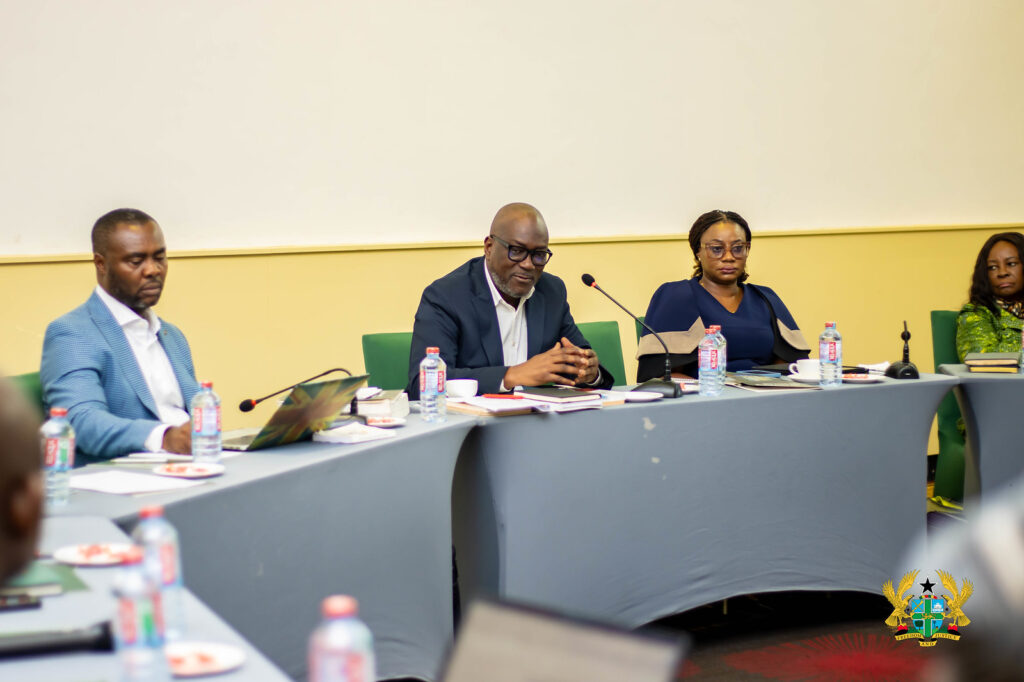
With heightened political awareness and social engagement across the country, the Committee’s task, though complex, is widely viewed as crucial for deepening democratic governance and national cohesion.
The southern zonal engagements will provide yet another platform for citizens to raise concerns and propose changes on issues that have long been debated in Ghana’s Fourth Republic, ranging from presidential term limits and campaign financing to judicial independence and the role of state institutions.
READ ALSO: Gov’t Cautioned in Bogoso-Prestea Mine Dispute to Safeguard Investor Confidence




